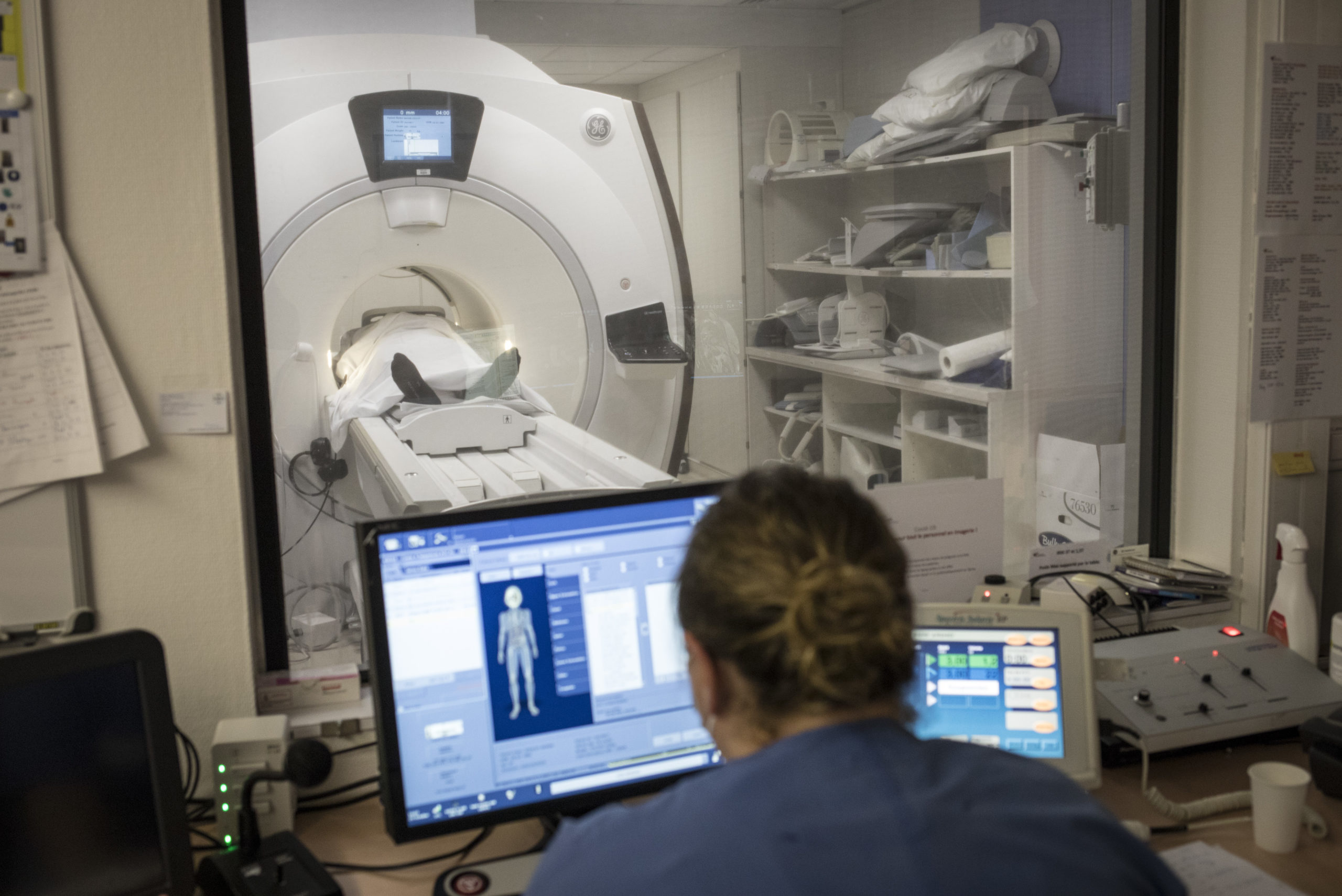As the U.S. continues to grapple with the coronavirus pandemic amid a surge in new cases, lingering symptoms and aftershocks of the virus are puzzling doctors and scientists.
The virus is accompanied by symptoms like difficulty breathing, cough, loss of taste or smell and a fever, according to the Centers for Disease Control and Prevention (CDC). However, the lasting effects of the virus present different symptoms.
The data collection is still early on and a majority of coronavirus patients who’ve recovered didn’t experience lasting complications, according to studies mentioned below. However, severe fatigue, issues with memory lapse, erratic heart rates, headaches, fluctuating blood pressure and even hair loss are among the after effects found in some patients, according to The Wall Street Journal (WSJ).
The new report comes weeks after the British Medical Journal (BMJ) released a report noting that roughly 10% of people who’ve had COVID-19 experience some prolonged illness.
However, doctors are perplexed as to why many of the patients who have long-term effects are patients who had mild cases of the virus.
“Usually, the patients with bad disease are most likely to have persistent symptoms, but Covid doesn’t work like that,” Trisha Greenhalgh, author of the August BMJ study and professor at the University of Oxford said, per the WSJ.
Greenhalgh said while for many the “disease itself is not that bad,” symptoms like memory lapses and rapid heart rate can last for months.
A preliminary study from medRxiv that focused on non hospitalized COVID-19 patients found around a quarter of them still had at least one symptom after 90 days. Meanwhile a European study from the Molecular Diversity Preservation International found that approximately one-third of 1,837 patients not hospitalized for the coronavirus reported being dependent on a caregiver for roughly three months after the symptoms began.
However, doctors note that anxiety caused by social isolation and fear about the pandemic could exacerbate symptoms, per the WSJ.
Other viruses like SARS, MERS, Ebola, H1N1 and the Spanish flu have had long-term effects like fatigue, sleep problems and joint pain, according to the Taylor and Francis Group.

PARIS, FRANCE – OCTOBER 29: A radiologist conducts an MRI scan on a patient at the Paris Saint-Joseph hospital on October 29, 2020 in Paris, France. France has imposed another national lockdown as the number of coronavirus cases soar during the second wave. Hospitals are reaching saturation and urgent coronavirus cases are being transferred across country. (Photo by Siegfried Modola/Getty Images)
COVID-19 differs from these other viral outbreaks in that while it starts in the lungs, it can spread and cause issues to the heart, kidneys and digestive and nervous systems, per the WSJ.(RELATED: Trump Suggests He Will Consider Firing Fauci After The Election: ‘I Appreciate The Advice’)
“I haven’t really seen any other illness that affects so many different organ systems in as many different ways as Covid does,” medical director for Mount Sinai Health System’s Center for Post-Covid Care Zijian Chen said, per the same report.
“We thought it was a virus that, once it does what it does, you recover and you go back to normal,” Chen said. However, that’s not always the case, he clarified.
One explanation for the long-term symptoms is that immune-system activity and chronic inflammation continue even after the virus is gone, the WSJ reports.
Patients who had the coronavirus suffer from heart inflammation and injury months after the virus. A study by JAMA Network looking at 100 patients two months after getting sick found 78 had abnormal findings on cardiac MRI’s, while 60 had MRI’s showing heart-muscle inflammation.
Another explanation for the long lasting effects is people’s immune systems begin attacking and damaging their own organs and tissues. A June study from BMJ found half of 29 hospitalized ICU patients with COVID-19 had one or more types of autoantibodies which are antibodies that mistakenly attack a patient’s own tissues or organs.


